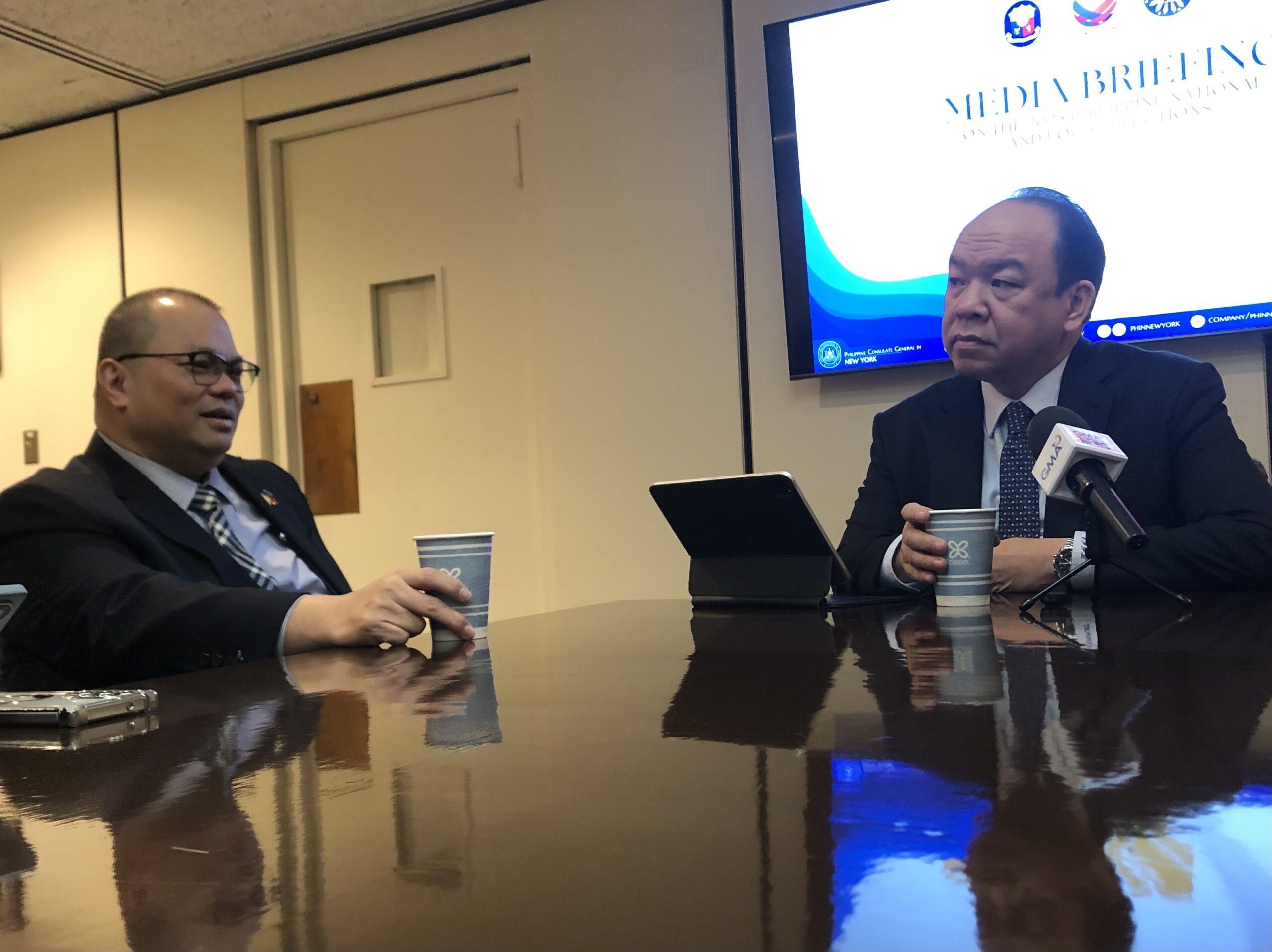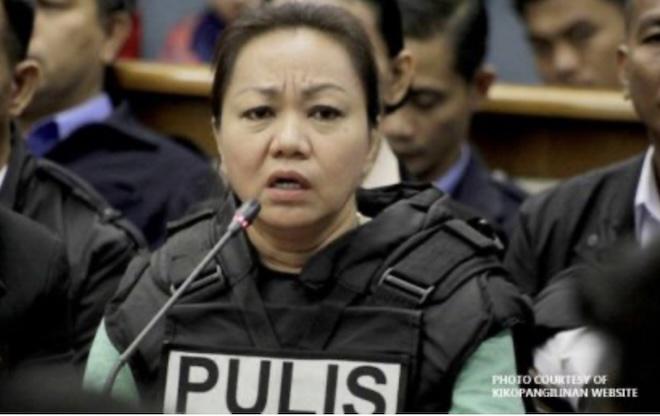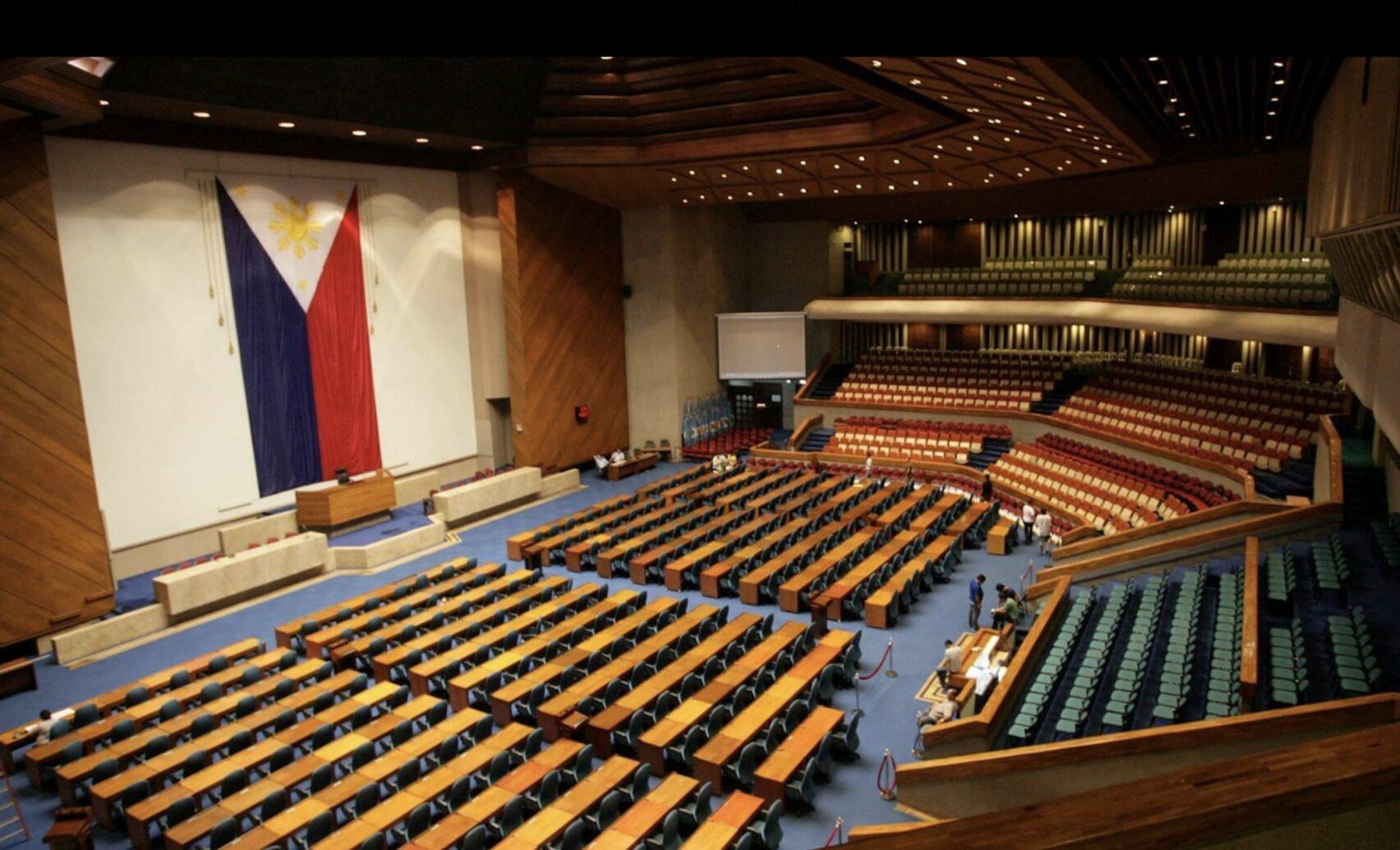Comelec conducts final tests to ensure secure and seamless online voting, empowering over a million overseas voters

Comelec Commissioner Ernesto Ferdinand Maceda, Jr. highlighted the importance of this transition during a field test in New York on November 7, 2024, which coincided with similar tests in Tokyo, Abu Dhabi, Milan, and Washington, D.C. “This is the first time in history that we are carrying out internet voting for our overseas Filipino voters,” Maceda remarked. He explained that internet voting is a response to long-standing requests to make the voting process more accessible, saying, “We are betting that this is a way that it could be made easier for everyone.”

The field tests will demonstrate the system’s capabilities to integrate security measures and streamline the voting process. Maceda noted that international certification entities would evaluate the system to ensure its integrity. “It is important to see if the system integrates seamlessly, is secure, and can handle real-world challenges,” he stated.“There will be certification and authentication measures in place, kung ano yung mga common na ginagamit sa mga online applications, yun yung nire-require din natin dito,” Comelec Information Technology Department Director Eden Bolo said. “May assurance ang mga tao na secure yung gagamitin for online voting.”

The transition to online voting has been met with enthusiasm and cautious optimism. Comelec Chairman George Erwin Garcia has led efforts to enhance voter accessibility through innovative approaches, despite challenges such as varying internet connectivity in some countries. “This is a step forward, and we hope these ‘birth pangs’ of internet voting will lead to a smoother and more trustworthy election experience for our overseas voters,” Maceda said.
With voting extended over a 30-day window, overseas Filipinos can cast their votes until May 12, 2025. As Comelec continues its preparations, the hope is that this historic move will pave the way for greater participation in the democratic process while preserving the sanctity of the vote.
Mock elections in December are expected to provide further insights into the system’s functionality and readiness for the 2025 elections. As Maceda concluded, “Our goal is to protect every vote and ensure that the process is seamless, secure, and trusted by all.”






